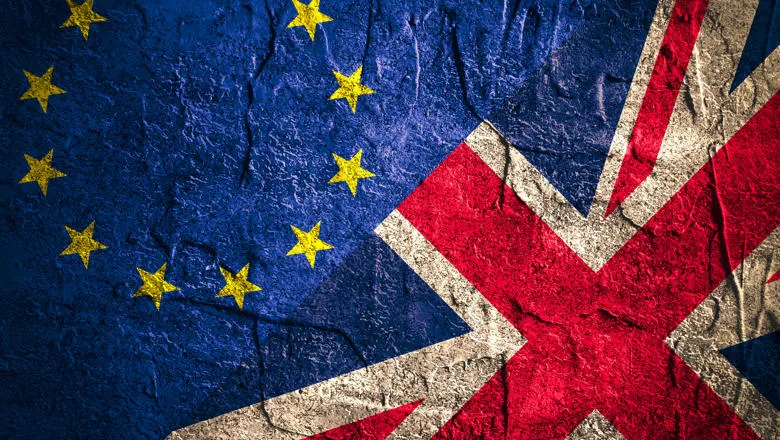Supply networks aggravate the losses from Brexit significantly even in the absence of tariffs

Research by Professor Gulcin Ozkan, PhD student Jakub Mistak, and Dr Aida García-Lázaro of the University of Bath on modelling the effects of the Brexit trade deal has underlined the importance of trade networks as a key determinant of the cost of Brexit. In 2020 'global value chains' in which different stages of production took place in different countries accounted for 70% of international trade.
The team studied the economic impact of the Brexit terms specified in the UK-EU Trade and Cooperation Agreement effective since 1 January 2021, and found that liberalised trade between the UK and non-EU countries would only offset a fraction of the impact of the disruption to longstanding supply chains between the UK and EU. Their findings project:
- A potential 2.87 per cent loss in UK output over the next decade due to new frictions in trade with the EU. Trade liberalisation with third countries would offset this loss partially, but by only 0.46 per cent over the same period.
- A 0.98 per cent (£2.7 trillion) reduction in UK financial assets (mainly cash and financial securities including stocks and bonds held by banks) as financial services firms relocate some of their operations to the EU. It is estimated that the UK has already lost £1 trillion of assets (mainly to Amsterdam, Frankfurt and Dublin) since the EU referendum. This is largely the result of the new rules preventing UK based operators from providing EU-listed stocks trading to European customers.
- A reduction of up to 0.3 per cent in UK output in the event of a loss of 200,000 low-skilled EU workers who would not qualify for the new points-based immigration route.
Gulcin explains that we are already starting to see an impact from frictions facing the UK's financial services sector and the loss of unskilled migration.
"While the resumption of tariff and quota-free trade in goods was certainly positive, the omission of the services sector from the UK-EU Trade and Cooperation Agreement is a significant risk factor. This is particularly costly for the UK economy, which is 80 percent based on services. It is right that the UK and EU intend to mitigate this by trying to improve access for the services sector."However, our modelling shows that it will be harder to compensate for the loss of the network benefits of EU membership when it comes to trade in goods. UK producers will see EU supplies becoming more costly and will have to seek out alternatives either domestically or from outside the EU. This is likely to increase the cost of UK goods and ultimately resulting in lower living standards."– Professor Gulcin Ozkan
The model the team created to understand the impact of Brexit could also be used to gain a fuller picture of how 'global value chains' amplify the impact of other newly imposed trade barriers, for example, tariffs on trade between the US and China and the re-writing of the North American Free Trade Agreement (NAFTA).
- As reported by Reuters and others.
Read the full working paper
Supply chain networks, services trade and the Brexit deal: a general equilibrium analysis






